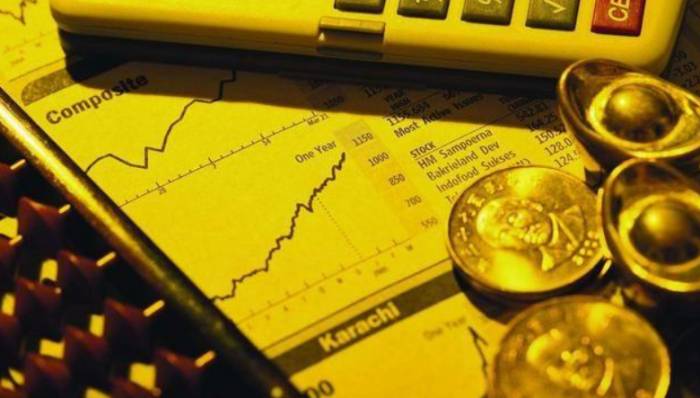In 2022, India's economic performance was quite impressive, with a GDP growth rate that even surpassed most economies. Concurrently, during these years affected by the pandemic, India's stock market continued to experience a bull market, and real estate prices in India kept rising.
However, entering 2023, short-selling institutions on Wall Street suddenly and precisely targeted India, launching an offensive.
01
The short-selling against the Adani Group began on January 24th, and since the release of the relevant short-selling report, the group's market value has already halved. Adani, who previously held the position of the richest person in Asia, has also seen a significant devaluation of his personal wealth, relinquishing his status as Asia's richest and continuously falling in the global Forbes rankings, currently ranking only 17th.
Following the release of the short-selling report, both the stocks and bonds of the Adani Group experienced a frantic decline. Data indicates that within the initial seven trading days, Adani's personal wealth decreased by 4.6 trillion rupees, equivalent to 58 billion US dollars.
A well-known short-selling institution on Wall Street accused Adani of engaging in an unprecedented scam over the past few decades by manipulating stock prices and providing false financial information. The institution also pointed out that the Adani Group's finances are now in a very poor state, with a large amount of debt unable to be repaid.
Subsequently, the Adani Group immediately responded, but it could not prevent the outside world's doubts from causing the stock price to plummet.It is quite evident that recently, the impact has not been limited to just Adani himself and the group's stock prices; the entire Indian stock market has also been significantly affected.
Some Indian stock analysts have pointed out that Wall Street might be using this method to gradually short the entire Indian stock market from a specific point to a broader perspective.
After all, in the past decade, due to the continuous issuance of currency by the United States, the Indian stock market has been on a constant rise, forming a certain bubble. Now, as the United States halts its printing press and contracts its currency, this presents a rare opportunity for short sellers.

In just the last two days, there has been an exodus of nearly 120 billion rupees in foreign capital from the Indian stock market, with overseas institutions cumulatively selling $1.45 billion worth of Indian securities.
Affected by the incident, a company under the Adani Group had to suspend its plan to issue shares domestically in India, which further fueled panic in the Indian stock market.
Professionals have analyzed that if the impact of being shorted cannot be eliminated, Adani may not be able to obtain funds from the stock and bond markets or banks, and may ultimately have to sell assets.
Perhaps Western capitalists are waiting for this opportunity to buy assets they have been eyeing at a low cost. This is undoubtedly a harvesting method that the United States favors the most.
03
In recent years, India's economic development has been quite impressive, especially in 2022. Amid the inflation affecting many countries, India capitalized on this opportunity to vigorously develop its manufacturing industry. The growth rate of its GDP has also been astonishing to many Western countries.However, the mainstay of India's economy is the ever-expanding foreign debt. Now, capital is flowing out of India, and there is a noticeable decrease in orders from overseas. The Indian economy is facing a crisis.
At this moment, short-selling by Western institutions, especially from Wall Street, could very likely become the last straw that breaks the camel's back for the Indian economy.
post your comment